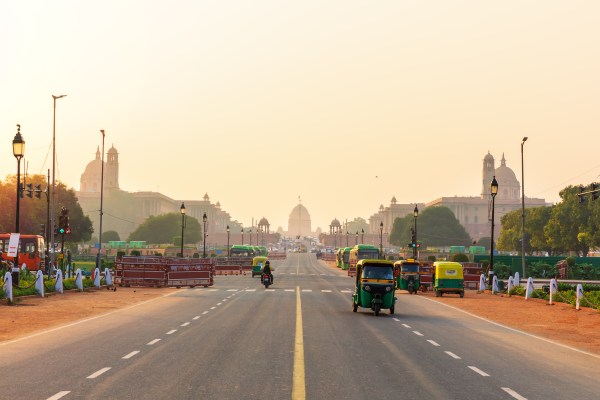The Open Network for Digital Commerce, an Indian government-backed initiative that is attempting to “democratize” e-commerce with zero-commission, has set its eyes on another industry it would like to disrupt.
ONDC, a non-profit firm set up by India’s commerce ministry in 2021, is opening up its railroads to serve mobility firms, it said at a press conference in Bengaluru today.
The firm is kickstarting its mobility journey by on-boarding Namma Yatri, an on-demand auto rickshaw booking app operational in Bengaluru. The open source mobility app, launched recently, was developed by payments startup Juspay and says it serves nearly half-a-million customers and works with 45,000 drivers.
Namma Yatri seeks to compete with Ola and Uber, undercutting the giants on fees that they levy on drivers and customers.
ONDC, which requires its partners to perform know-your-customer verifications for safety concerns, will expand its mobility efforts to more states and cities and broaden the kinds of vehicles in its bouquet, said T. Koshy, the chief executive of ONDC, at the conference.
“To make transportation convenient and affordable in our growing cities, it is important to provide a seamless experience to users. Open systems like ONDC enable the collaboration and interoperability needed to make it happen,” said Anurag Jain, Secretary of Department for Promotion of Industry & Internal Trade, in a statement.
With ONDC, New Delhi is seeking to replicate the success it has had with UPI, the interoperable mobile payments network that disrupted the walled-garden mobile wallet market that firms such as Paytm and MobiKwik enjoyed.
With over 8 billion monthly transactions, UPI has become the most popular way Indians transact online. Paytm, PhonePe and Amazon are among ONDC’s partners today (but in many cases, in limited capacity), and Flipkart’s logistics network Ekart is currently piloting with ONDC, Koshy said.
But despite the partnerships with key industry players — and talks are ongoing with many more, including Reliance Retail, Google Pay, Dunzo and Meta’s WhatsApp — ONDC has yet to make deeper inroads in the e-commerce market.
Koshy dismissed the idea that the network needs established players to grow, and said it will be unfair to judge the performance of ONDC at such an early stage. To be sure, UPI also took years to make inroads in the payments industry, and large mobile wallet firms were not among the first players to join the interoperable network.
For the mobility initiative, the network is open to collaborating with Uber and Ola under the same terms it offers everyone else, Koshy told TechCrunch in an interview. “Nowhere else in the world do open networks exist. It’s all proprietary and closed systems,” he said.
